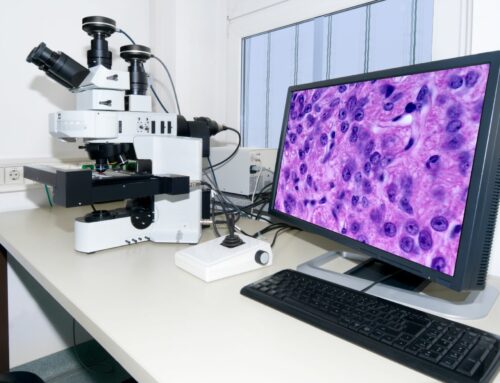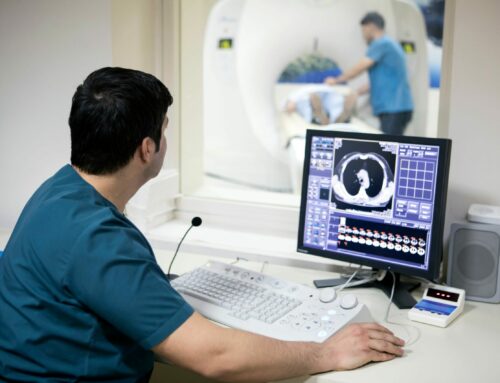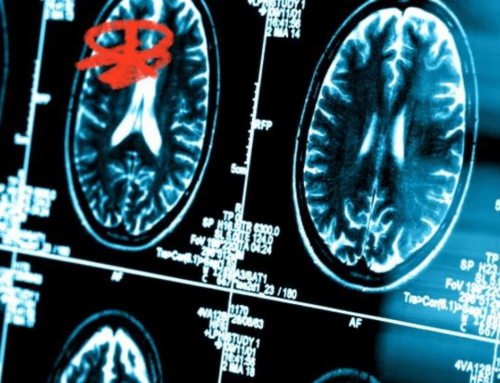By: Matthew Ko, DeepScribe Co-Founder and COO |
They say never trust a skinny chef, but what about an unhealthy doctor? As doctors we spend our days extolling the benefits of regular healthcare and modern medicine, yet all too often when it comes to our own health we don’t practice what we preach. Previously we covered physician depression, why it often goes undiagnosed, and how one day AI could offer a solution. Today, we pivot from mental health to physical health, investigating why many healthcare experts don’t place importance on their personal well-being, and how developments in Artificial Intelligence could hold the key to aiding doctors in improving not just their patients health, but their own health as well.
Everyday we implore our patients to follow our recommended care regimens, and attempt to reason with the ones who don’t. We get frustrated when patients brush off years of evidence-based medicine claiming they know better, but in reality are we any different? In an article titled, Doctors as patients: a systematic review of doctors’ health access and the barriers they experience, researchers found that “ two-thirds of the physicians do not have a regular family physician, and physicians who suffer from chronic diseases are even less likely to be treated than the healthy ones”. As the sector of the population who arguably is most aware of the consequences of poor healthcare, why are we not prioritizing our own?
A Lawyer Who Represents Himself Has a Fool for a Client
You’ve heard the old adage a lawyer who represents himself has a fool for a client, but what about the doctor who treats themselves? In a study on doctor’s health-seeking behavior 90% of physicians surveyed believed it was acceptable to self-treat minor or acute conditions, whereas only 25% felt the same way about more serious or chronic conditions. While logical on the surface, where is the line drawn between a minor illness and something more serious? We’d all like to think we are capable of using good judgment when it comes to our own health, but self-treatment can be a slippery slope. 70% of doctors report that they would only see a doctor if they were seriously ill, but as the article Doctors as patients: a systematic review of doctors’ health access and the barriers they experience states, “Medical knowledge enables doctors to justify their symptoms as ‘insignificant’. When doctors’ reluctance to seek health care for minor illness is coupled with this tendency to rationalize symptoms as minor conditions, the potential seriousness of this barrier is recognized”.
The Dangerous Cycle of Symptom Rationalization
“Human beings are not rational, but rationalizing animals”, Neel Burton M.D tells us. “If they find it frightening to think and painful to change, this is in large part because thinking and changing represent major threats to the beliefs that make up their sense of self”. This insight rings especially true with healthcare workers who base their identities on assuming the role of caregiver. For many physicians the acknowledgment of a more serious health condition is extremely difficult because doing so challenges their perception of self. Uncomfortable with relinquishing control to assume the role of patient, and operating on the belief that trained medical professionals need only seek care for “serious issues”, doctors fall into a dangerous cycle of symptom rationalization. More often than not, the only catalyst strong enough to disrupt this pattern is when symptoms reach a level of severity so unmistakable the physician is forced to confront the reality of their situation. Unfortunately, at that point it may be too late.
Artificial Intelligence in Medicine Can Benefit More than Just Patients
In past articles we covered how AI is being used to detect vocal biomarkers in voice which indicate the presence of a variety of health conditions. As AI Scribes monitor doctor-patient conversations, they will be able to detect vocal anomalies not just in patients, but in their physicians as well. Unlike traditional diagnosis practices that leave ample room for rationalization, vocal biomarkers map to specific conditions with a high level of precision and accuracy leaving no room for guesswork or debate. This could provide life-saving early detection for many diseases, ending the cycle of clinician’s rationalizing away their symptoms to avoid getting care.
The Road to Innovation
While there has been great developments in AI diagnosis through vocal biomarkers, our current medical record keeping system is greatly hindering further progress. In the late ‘90s the medical community witnessed the rise of electronic health record (EHR) software. The purpose of this new system was to improve the efficiency and accuracy of patient record keeping, while meeting compliance and billing requirements. Unfortunately, rather than simplifying, many healthcare providers feel that modern EHRs have added needless complication to their daily practice, forcing them to spend a third of their time on administrative tasks which primarily focus on billing requirements. The current interface only captures data relevant to insurance and billing standards, and disincentivizes clinicians from providing data focused on improving patient outcomes. Without this crucial data set innovation is being greatly stifled.
Capturing the Crucial Data
DeepScribe is reimagining physician interaction with the EHR platforms. Rather than only recording the information typical medical records require, DeepScribe’s ambient scribe technology captures the entire doctor-patient conversation without needing any prompting from the physician, The AI Scribe then extracts medically-relevant information, intelligently summarizes the interaction into cohesive sentences, and directly integrates notes into the appropriate fields in the EHR. This not only saves clinicians up to 3 hours a day, but also preserves information that is not required by EHRs, but is vital to improving patient care and furthering AI in medicine. While AI diagnosis based on vocal biomarkers is in early stages of development, complete data sets, like those generated by DeepScribe, hold the key to unlocking a healthier future for those who have devoted their lives to the health of others.











